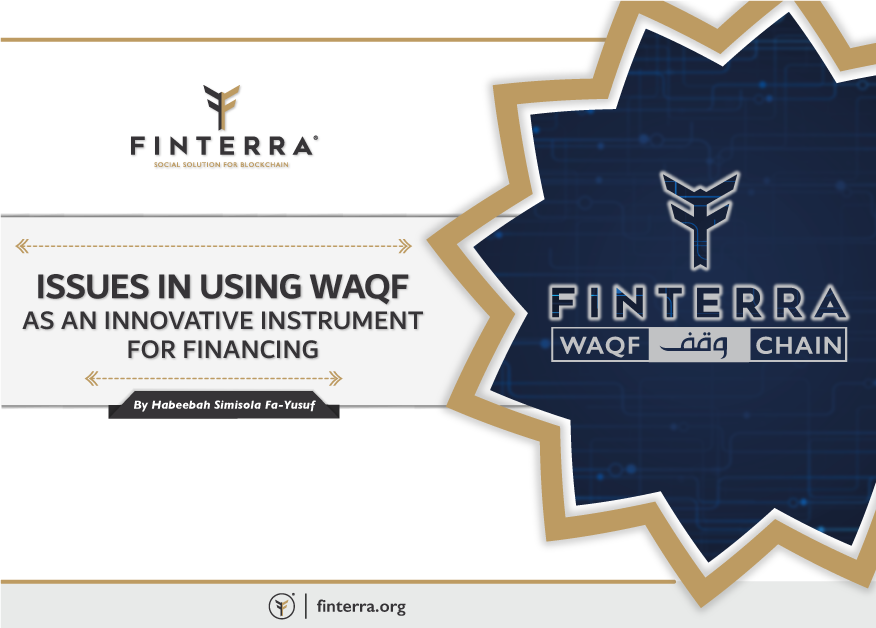Cash waqf is a form a movable waqf. It involves the use of money for Islamic endowments as opposed to traditional forms of waqf which are mostly immovable. Cash waqf is indeed useful in redeveloping idle waqf properties. Most of these idle waqf properties are immovable properties such as land. Furthermore, cash waqf adds to flexibility in the utilisation of waqf proceeds.
Over the years, new methods of engaging in cash waqf have emerged. The most innovative forms of cash waqf are corporate waqf, sukuk waqf and waqf shares. A corporate waqf is a form of waqf in which the waqf assets are in the form of shares issued and are managed by a corporation. Sukuk waqf is a combination of sukuk and waqf such that sukuk is used to finance the development of waqf properties. Waqf shares involve the issuance of shares to contribute to waqf projects.
One issue in the use of cash waqf is its validity according to Islamic Law. Another issue in the implementation of cash waqf is limited awareness by not just the general public but Muslims. A lot of work needs to be done by waqf bodies and Governments in Muslim countries regarding awareness.
Other issues in the use of cash waqf, which also apply to other classes of waqf, include competence of the waqf manager, accountability, transparency and trust. The issues of accountability, transparency and trust can be tackled using financial technology like Blockchain.
Financial Technology simply means using technology to enhance financial services. FinTech is a useful tool in enabling cash waqf achieve its potential, which is why organisations like
Finterra have dedicated themselves to using technology to solve Waqf issues. Specific usage of FinTech for cash waqf includes online Islamic crowdfunding. Another specific usage is the application of blockchain technology. Blockchain technology when used to collect and manage cash waqf removes the issue of trust and transparency. Blockchain also cuts down manual processes. It also eradicates fraud because the origin and destination of money are not only known but the records are immutable.
One issue in the use of FinTech to enhance waqf is legal constraints. Therefore, there is the need to develop a comprehensive legal framework for the operation of fintech for waqf in jurisdictions where there is considerable waqf practice.



